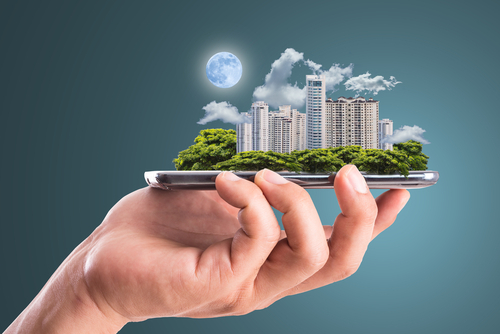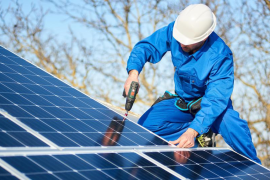Businesses should always be looking for methods to cut energy costs where they can, as it’s good common sense that helps them maximise profits and minimise waste. Saving energy is a fantastic method in achieving this. Not only does it minimise costs but it also helps reduce your carbon footprint – so everybody wins.
The hospitality sector in particular is dedicating itself to a sustainable eco-friendly future. However, for hotels it’s hard to implement actionable energy-saving methods when it’s the guests who are mainly in control.
We have identified four investments that will result in hotels being considerably more energy efficient – which will save money on energy bills in the long-run.
1. Conduct an audit
For hotels to make a clear and actionable plan about where to cut energy costs, you will need to know exactly where you are using the most energy within your hotel. To do this make sure you bring someone in to conduct a thorough energy audit. The data that will come from this audit will help you understand how much energy you are using, identify areas for change, where to prioritise investments and have a better awareness of how long it will take for your investments to pay off.
2. Eco-friendly lighting
LED lighting has come a long way in the last few years, showing no significant difference to traditional halogen bulbs while saving you a fraction of the cost in your energy bills. Bring in a lighting designer to give their professional opinion on what kind of LED lights would be suited around the different areas of your building, and their knowledge will be key when it comes to retrofitting them.
3. Smarter water efficiency
Water-efficient pumping systems will save you massive amounts of money in the long run and will also reduce your carbon emissions tax. Refitting the pump systems in your hotel with a quality brand like Stuart turner pumps has been proven to give you a return on your investment within the first year of purchasing. These intelligent pumps only use as much energy output as needed, so they will always be able to match the most intensive of requirements while being able to use less power when not in use.
4. Intelligent energy management
Consider how long your guests actually spend in their hotel rooms. On average, a guest will spend around half of the 24 hours they have booked in your room, so is this room still being lit, heated or cooled while they’re not occupying it? A hotel can adopt a heating, ventilation and air conditioning (HVAC) system whereby the technology is smart enough to know whether the guests are using the rooms, whether it be through something as technical as body-heat sensors or simple electronic card key slot that indicates the room is in use.





